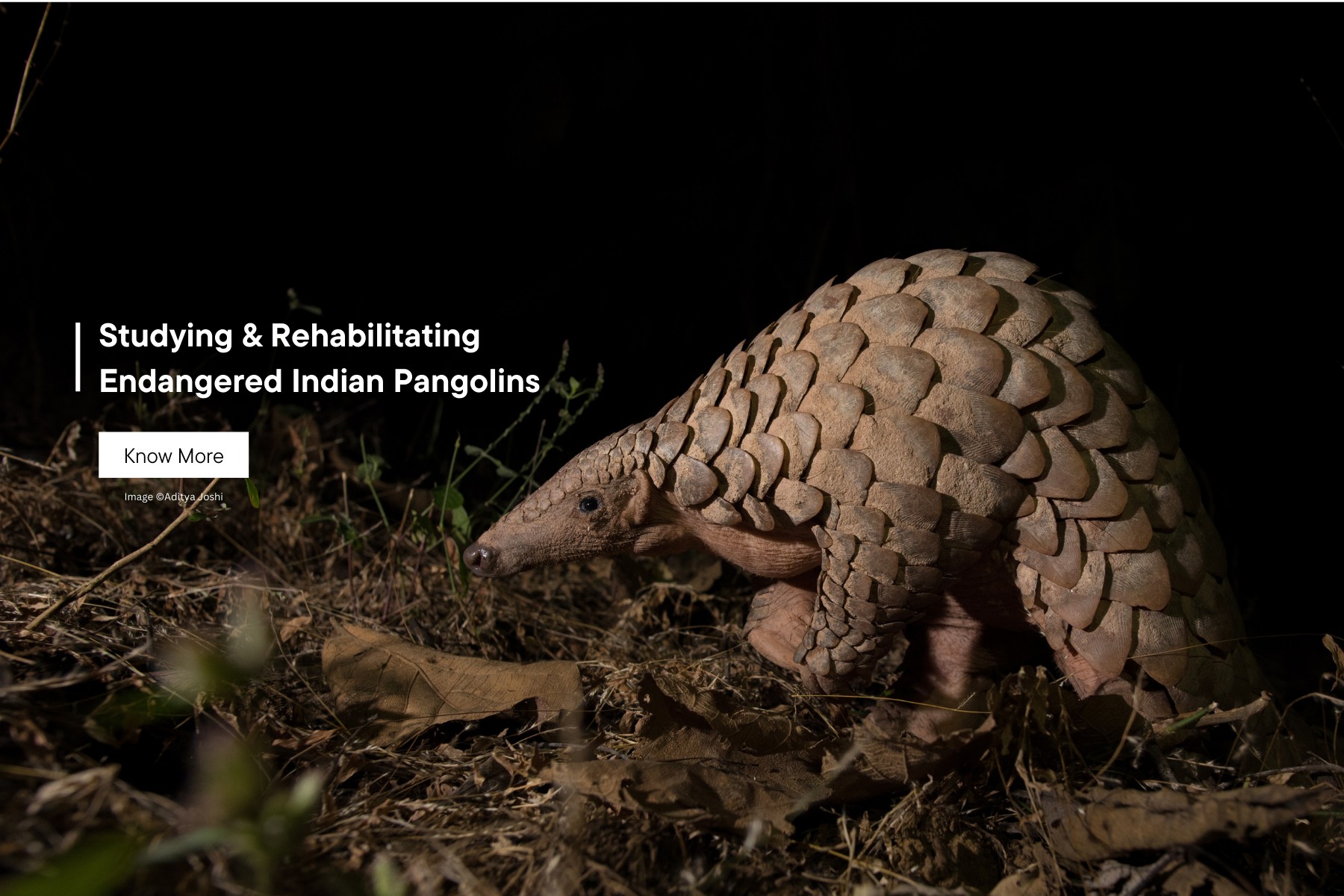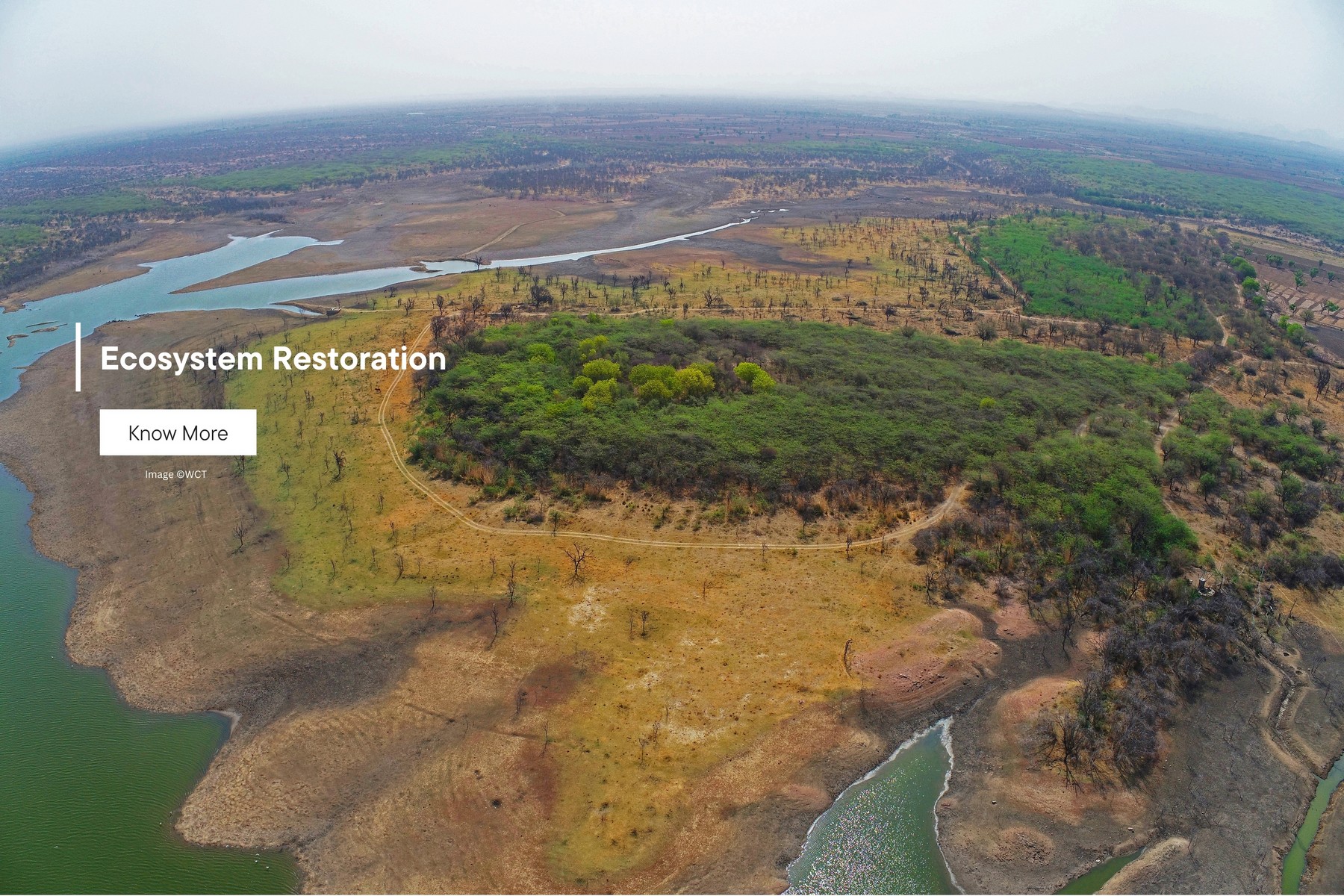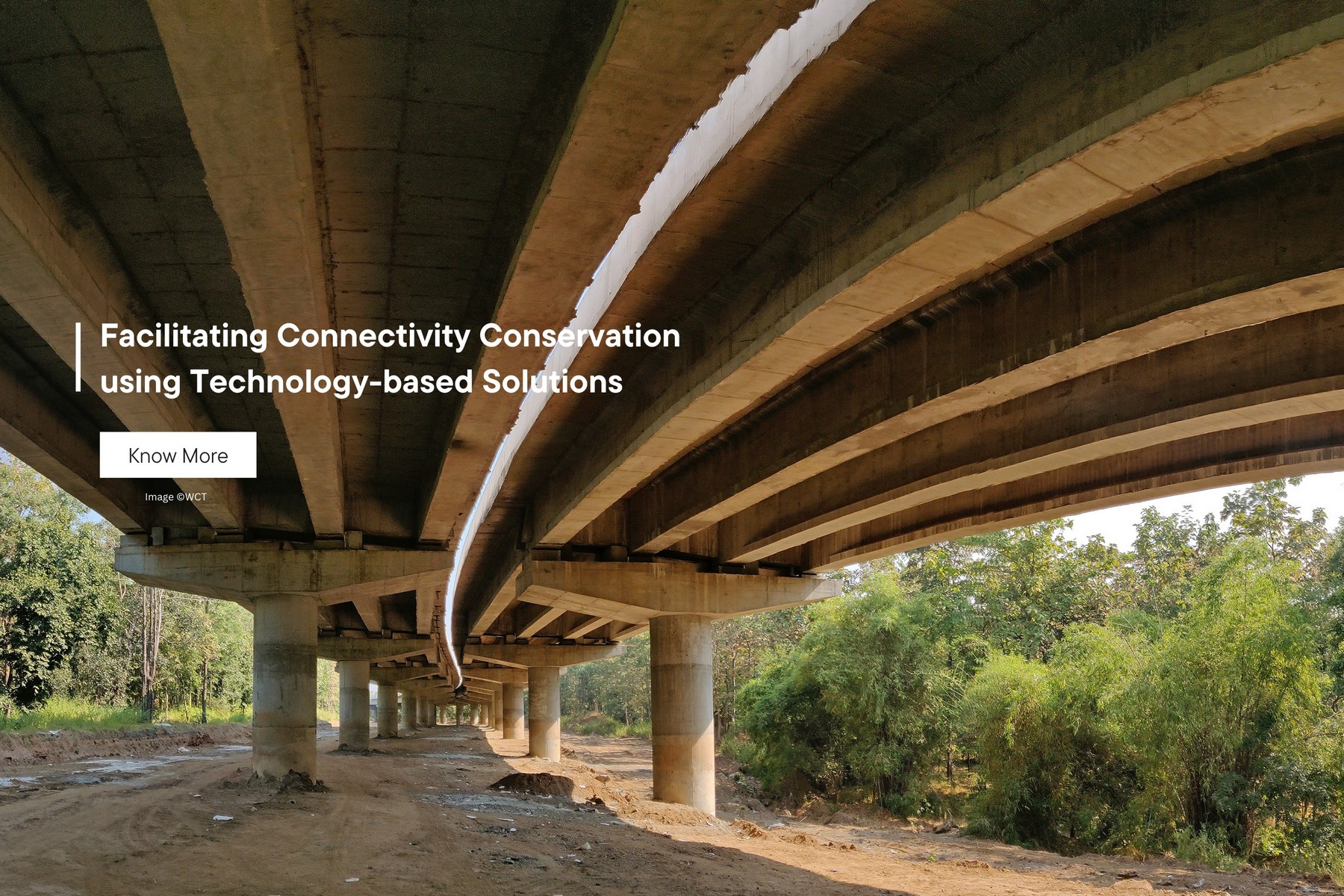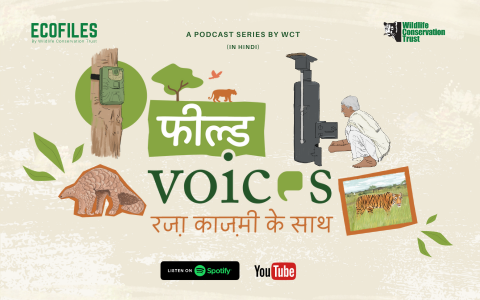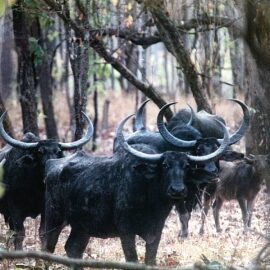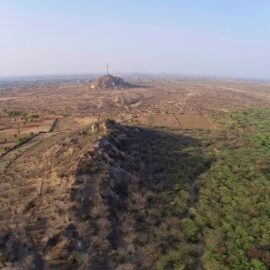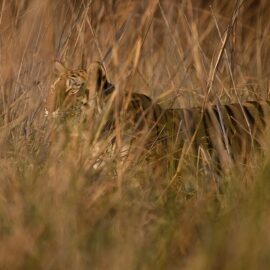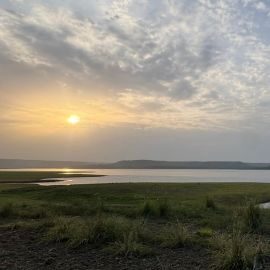Latest from the Blog
The Wild Buffaloes Of Central India
What animals come to your mind when you think of charismatic mammals of the Central Indian forests? The usual answer would be tiger, leopard, dhole, hard-ground barasingha, and gaur. With the recent return... Read More
‘Not All Green Is Good’
Great adaptability. Highly drought and disease tolerant. Deep-rooted. Fast growing. Hardy. Aggressive. ‘Mad’. Ideal traits in a plant evolved to live in hot and arid regions. But not so ideal for the ecosystems... Read More
To take or not to take the ‘charismatic species’ approach in wildlife conservation
In the real world, a world in which biodiversity and ecosystems need protecting by humans from humans, and I can’t stress this enough, for the very survival of us, humans, wildlife conservation has... Read More
Pench Calling! WCT’s Annual Review Meet 2025
What happens when some of the brightest minds in wildlife conservation from across the country gather in one of India’s most stunning tiger landscapes? Magic! The Wildlife Conservation Trust (WCT) recently held its... Read More
Annals Of The Satpura Uplands
Mapping Past and Present of the Satpura-Melghat Corridor Betul and Hoshangabad Forest Divisions. Chances are, those reading this would not have come across these names, and the few who have would perhaps find... Read More
What Privilege Looks Like in the Wild
About my BITS Design Community Project at ‘Wildlife Conservation Trust’. A journey into forests, villages, and the invisible lines of privilege in between. For many of us, the idea of wildlife conservation begins... Read More

